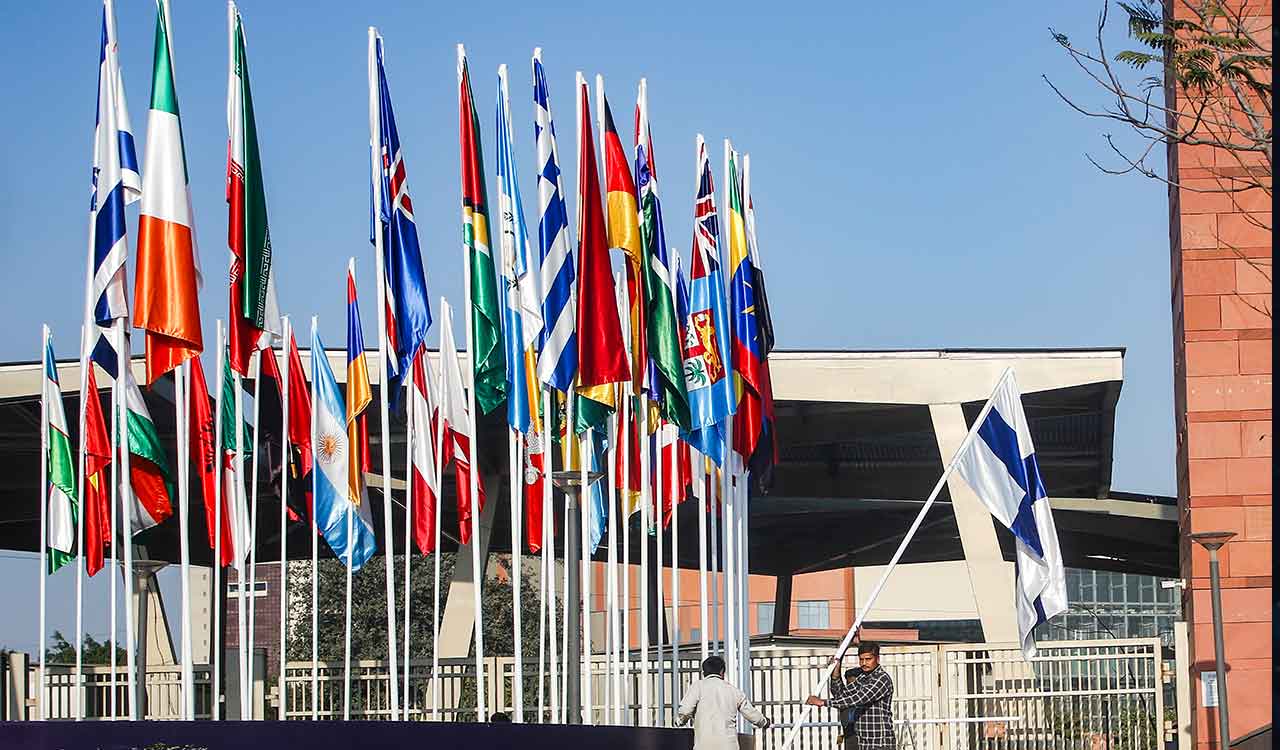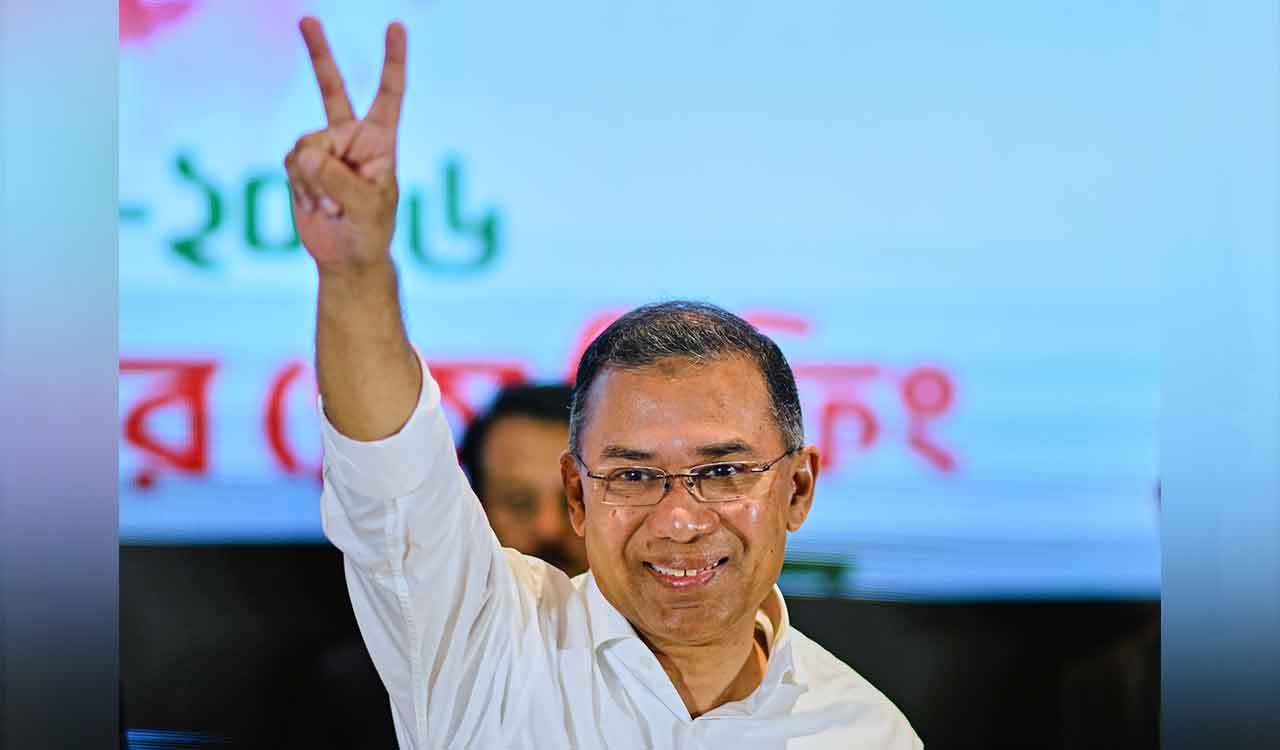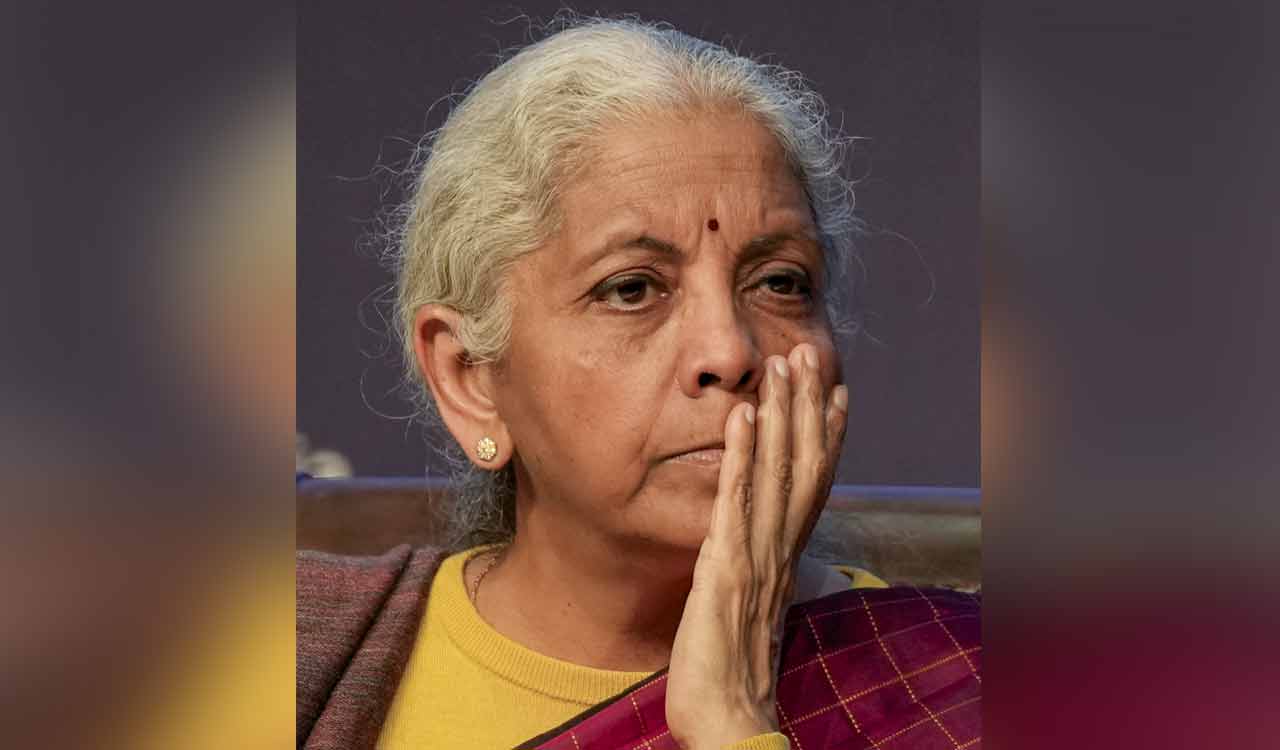Opinion: Coalition govt and foreign policy
Decision-making is likely to remain largely consistent as reflected in the allocation of portfolios

By Dr Akhil Kumar, Anudeep Gujjeti
After two successive general elections to the Lok Sabha, India has returned to an era of coalition politics. Naturally, this has sparked debates about the continuity of the policy trajectory adopted by the ruling political dispensation, with foreign affairs being no exception. Although no single party holds a simple majority in the lower house of Parliament, this may not impede or hinder the continuity of the existing foreign policy framework, which will likely remain unchanged. Most importantly, there is no change in leadership at the national level, as Narendra Modi and Dr S. Jaishankar continue to serve as Prime Minister and External Affairs Minister of India, respectively.
Examples from History
However, it is important to remember the significant influence regional parties have had on foreign policy during past coalition governments, especially regarding India’s neighbouring countries such as Bangladesh and Sri Lanka. During the coalition governments led by Dr Manmohan Singh from 2004 to 2014, regional parties like the Dravida Munnetra Kazhagam (DMK) and the All India Trinamool Congress (AITC) exerted some influence on foreign policy decisions. For instance, India’s votes on Sri Lanka were significantly affected by the United Progressive Alliance (UPA)’s regional ally, the DMK, in Tamil Nadu, due to concerns about the Tamil population of Indian origin in Sri Lanka. Similarly, another ally, the All India Trinamool Congress (AITC) in West Bengal, not only influenced the economic decisions of the government but also obstructed the Teesta River Waters agreement with its neighbour Bangladesh.
Notwithstanding the exceptions mentioned above, it is preposterous to conclude that coalition governments cannot succeed in foreign policy decision-making. Many significant decisions that have played an important role in India’s standing in global politics were taken under coalition governments, for example, Prime Minister Narasimha Rao’s decisions on liberalisation, taken right after India lost a long-standing and time-tested partner Russia after the Cold War, thereby opening the Indian economy to the global market, Vajpayee’s nuclear tests, which played an important role in India’s security policy, and Dr Manmohan Singh’s decision on the Indo-US nuclear deal wherein the continuity of the government itself was at stake as a no-confidence motion was moved regarding the same. Hence, the coalition governments also left an indelible impact on India’s foreign policy.
Priority Areas
The current political dispensation under the leadership of Narendra Modi has some domestic factors to its advantage, unlike the previous coalition governments. One, none of the coalition partners of the National Democratic Alliance (NDA) are ideologically diverged from its major partner, the Bharatiya Janta Party (BJP). Two, even after adhering to the ‘coalition dharma’, the allocation of portfolios suggests that the BJP wanted to maintain continuity by retaining most of the cabinet-rank ministries, including the Ministry of External Affairs under Dr Jaishankar. Third, a strong leadership.
A significant challenge arises from the opposition, which is expected to bring heightened scrutiny and vigorous debate about the policies’ validity
Even though the BJP lost a significant number of seats in the Lok Sabha, PM Modi still maintains a strong hold on the constituents who form the government. This is important because leadership plays an important role in formulating foreign policy. Other than the domestic factors, international structure/system or international factors also play a key role in formulating the foreign policy of any nation. In the current context, major powers of the world are going for elections this year, including the United States, United Kingdom, Japan, Canada and France amid growing anti-incumbency. This implies that Narendra Modi and Dr Jaishankar might have to engage with new world leaders, many of whom are inclined to foster strong relations with India.
Nevertheless, the pulls and pressures of coalition politics and the reinvigorated opposition with increased Lok Sabha seats would make the ruling NDA tread cautiously on contentious foreign policy matters. Within this context, the top priorities for the NDA in the next five years that might attract the scrutiny of the I.N.D.I.A bloc include securing Free Trade Agreements (FTAs) with various countries such as the European Union, the UK and Canada. This is crucial considering India’s apprehensions with provisions related to agriculture, flooding of Chinese goods and its Atmanirbhar Bharat policy.
Another issue is India’s policy towards West Asia. This includes India’s approach to the Israel-Palestine conflict, protecting sea lanes of communication in the Red Sea and Suez Canal which impact India’s trade and energy supplies. Moreover, the India-Israel-United Arab Emirates-United States (I2U2) initiative which was started in 2022 comes under scrutiny especially after the Israel-Palestine conflict even though the latest G7 communique committed to support the strategic initiatives under the India-Middle East-Europe Economic Corridor.
Securing Neighbourhood India’s policy towards the Global South is another area of priority in the third term of Narendra Modi under a coalition government other than just focusing on South Asia considering the global ambitions of India. Securing the neighbourhood is any day a priority but at the same time committing to the leadership role taken up by India while representing the interests of the Global South is as important especially when India needs its support in securing a seat at the high table in the United Nations. India’s Indo-Pacific Oceans Initiative, which includes QUAD, needs to gain momentum especially when major powers in the region, the US and Japan, are going to elections amid the growing expansionist agenda of China in the region. The significant challenge for the NDA government is going to be on the issue of Kashmir. This is the first coalition government formed after abrogating Article 370. With a strong opposition in the Lok Sabha and increased threat perception with renewed terrorist activity in Jammu & Kashmir, the current dispensation would have to answer a lot of questions about internal security which has huge foreign policy ramifications.
To summarise, decision-making with regard to the foreign policy of the current government is likely to remain largely consistent. This continuity is reflected in the allocation of portfolios, with key ministries like External Affairs, Home Ministry and Commerce remaining unchanged. However, a significant challenge arises from the opposition, which is expected to bring heightened scrutiny and vigorous debate about the policies’ validity and consequences. Although this scrutiny promotes a dynamic environment that incorporates diverse viewpoints and improves policy decisions, it may hinder the decisive policy-making approach seen during Narendra Modi’s first two terms.

(Akhil Kumar is a PhD from the Department of Political Science, University of Hyderabad. Anudeep Gujjeti is a PhD candidate from the Department of Political Science, University of Hyderabad, Research Associate, Council for Social Development, and Young Leader, Pacific Forum, US)
Related News
-
Can’t afford delay in using AI for inclusive growth, says CEA Nageswaran
-
B’desh seeks reset in India ties, onus on New Delhi to recognise changed reality: Tarique’s Advisor
-
UP: Man arrested for posting video with ‘objectionable remarks’ against PM Modi
-
Stormy Budget session ends, Lok Sabha to meet again on March 9
-
Couple elected as chairperson and vice-chairperson of Nirmal Municipality
3 hours ago -
Telangana municipal polls: BRS pockets 18 municipalities
3 hours ago -
BJP draws sharp criticism for meeting Congress leaders in Hyderabad
3 hours ago -
Inorbit Mall Cyberabad hosts Valentine specials, interactive games and live performances
3 hours ago -
Jangaon chairperson election postponed amid high drama
3 hours ago -
Editorial: Showcasing India’s tech prowess
4 hours ago -
Health Minister orders suspension of absent Jogipet doctors
4 hours ago -
Opinion: India’s new labour codes prioritise capital over labour
4 hours ago




